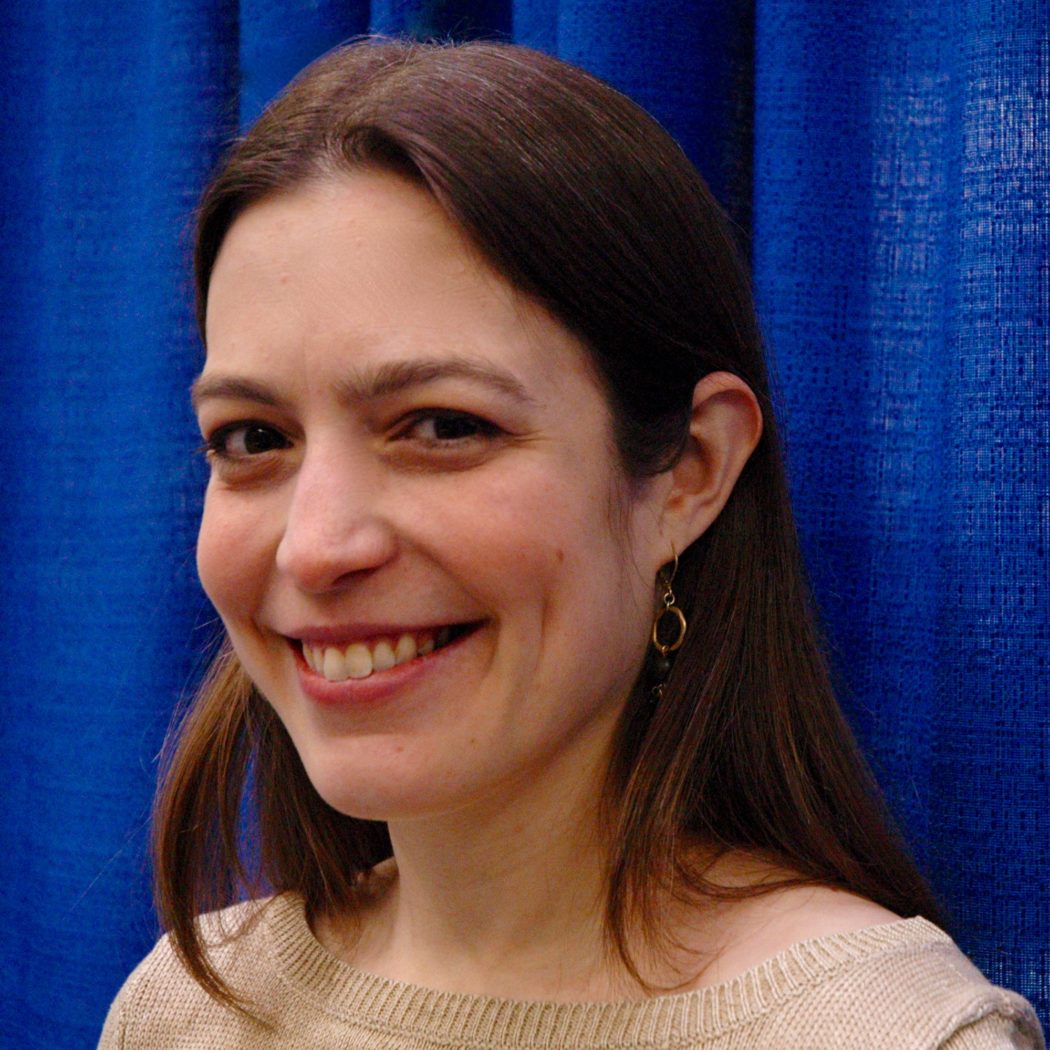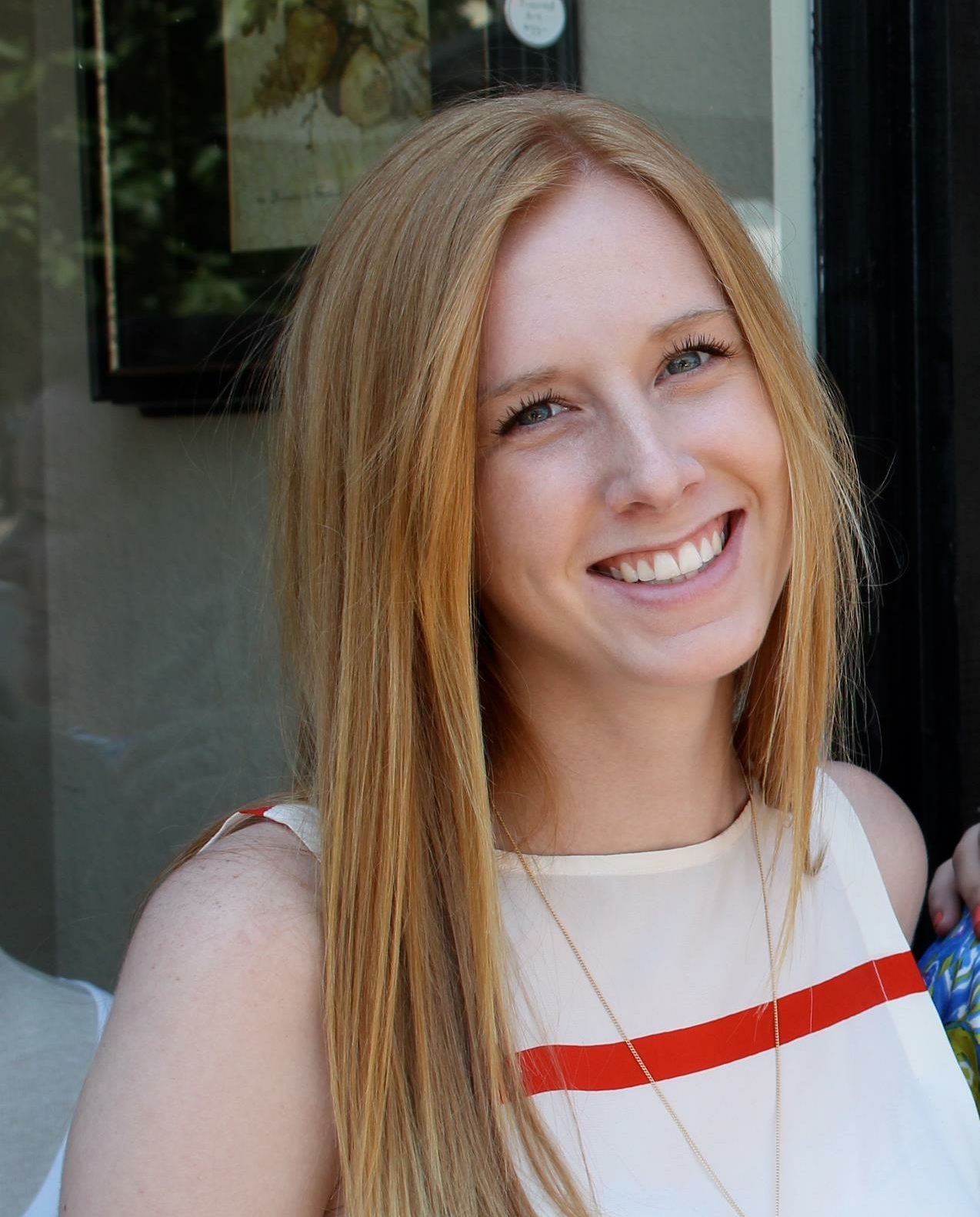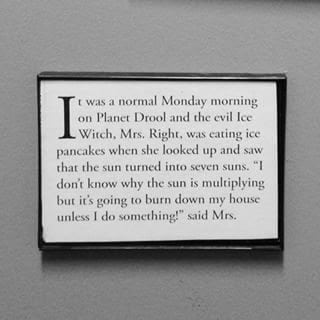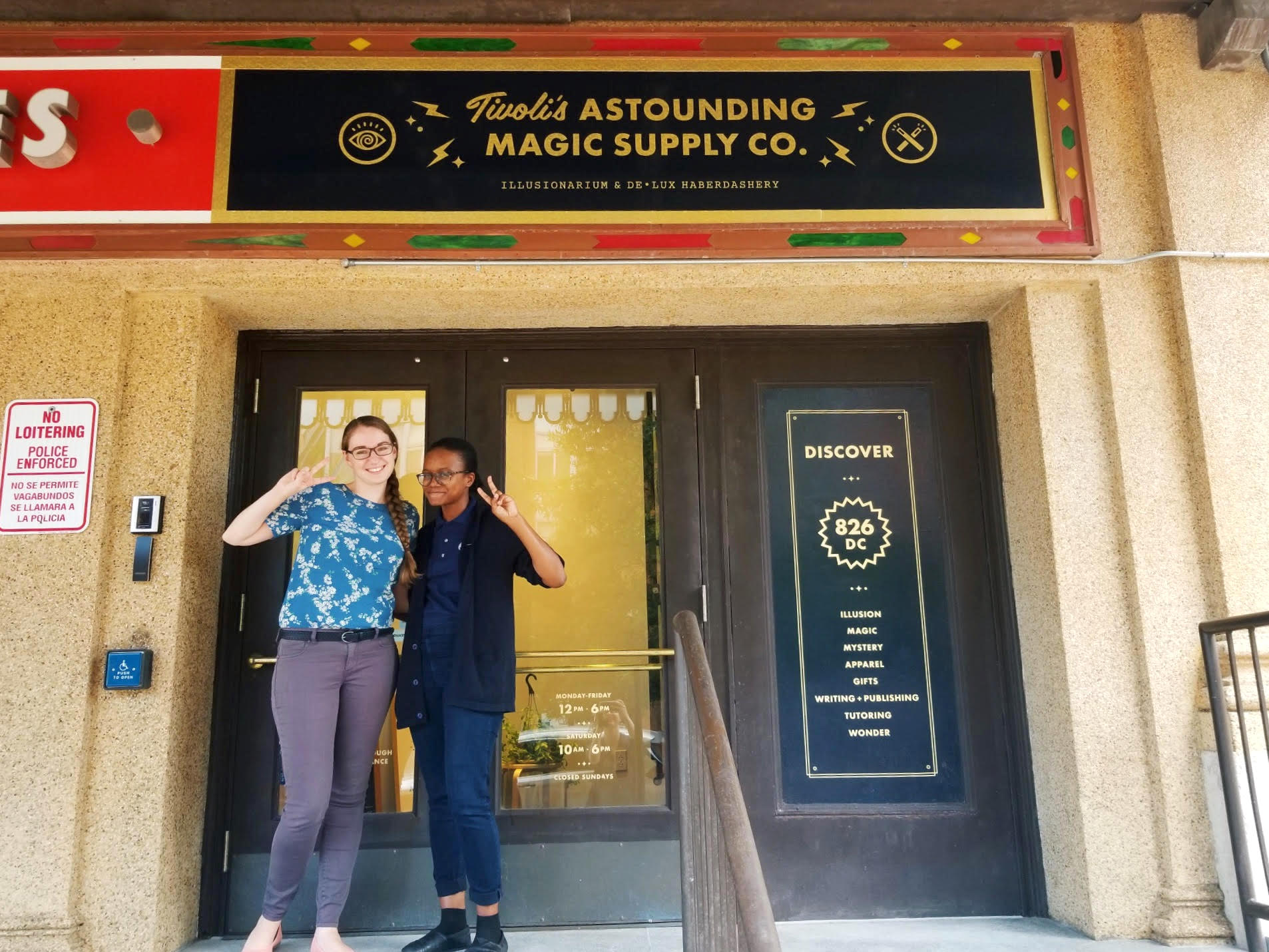Author Sandra Beasley has long been a friend of 826DC, and we were thrilled when she agreed to sit down with Emily to chat about our most recent Young Authors’ Book Project, Spit Fire, and what it means to be a poet in Washington, DC, now.
Emily Moses: First of all, thank you for meeting with me today. I want to talk to you about your life as a writer and what it means to be a writer and artist right now, the piece that came to mind was actually the first piece of yours I had ever read, in the Washingtonian from March of 2015–which feels like lifetimes ago now! But, the piece you wrote: “People Say Washington DC Isn’t a Creative Place for Artists and they are Wrong.” In the piece, you discuss the tension between politics and art and how—I think you called it a ‘nerdy city’—actually feeds creativity. So I am interested in knowing about what inspiration you find here in the city, because the students we are working with in DC, their feet are on the ground, they’re here. This is where they live.
Sandra Beasley: It is funny when you mention that piece, one of the first things I remember is all the things I wanted to put in there that because I was dealing with a very concise word count I couldn’t. There were all of these exemplars of particular artists, particular movements, particular music moments, you know, DC as a bluegrass town. There is a long history, for example, of Southern artists who kind of try to go up to New York, but find New York inhospitable and they end up coming back to DC as kind of a northernmost southern town. I remember the inspiration point for that piece and me thinking about DC as a literary city was hearing someone who was here for a brief time for a political appointment argue that he had been unable to write poetry while he was here, that he found the static of political discourse overwhelming and I just thought what a shame that you are thinking of that as a stifling thing rather as an opportunity. I am a nerd at heart and I am tremendously curious, and you see a lot of textures of research in my poems and so for me, a place that acts as an intersection for so many different types of knowledge, historical, contemporary, forward-thinking just makes it a really productive place to look around and to process all that on the page.
EM: I am also thinking of how this relates to what the students who were published in Spitfire are kind of coming to terms with or grappling with. You wrote, “Those who live here experience potent, organic juxtapositions.” You said, “I’m not an artist despite this town, I’m an artist because of it.” I’m interested in hearing maybe some specific ways that you have found yourself inspired by the setting of DC specifically.
SB: When I think of some of the poems I wrote in my first and my second book, There is a Falling and I was the Jukebox. I had just come out of my graduate program, I was living in and around DuPont Circle and Adams Morgan. And I remember the DuPont Circle fountain and the plaza around it in particular as the type of place where, you know, I was a 20-something working at a nonprofit: I had lunch hours, I had time after work where I would just sit and watch. And you saw things like the guy who was gutting a fish that he had probably caught earlier in the day, three feet away from the upscale couple picnicking, four feet away from the folks practicing juggling. I mean that is just a typical park scene in DC. And those types of images did show up particularly in the first two collections. So that is a case of juxtaposition.
As I take a step back and think about DC as a culture, in particular, its effect on the shaping of historical memory, I’ve got a series of poems in the book I am working on now that are all set in this idea of a monument or a memorial at midnight. So this kind of liminal hour where you are both appreciating and also questioning the way that history is expressed in the form of a sculpture, a wall, a fountain. And, kind of looking at what’s not being articulated in that moment as well as what’s being said. So, when you look at the book I am working on now, you see Roosevelt midnight, Einstein midnight, Washington midnight, and so very much the texture of the city is informing what I am writing.
EM: In February of this year you wrote about going to a poetry conference and about political tension, and about what it means to be aware as an artist of your political moment in time. One thing I was interested in is the way that you wrote about needing to “shock the language,” and about using poetry as a way to think through a situation. I think that is something in this particular book project, the students were using poetry as a way to try to come and understand themselves. Most of the writers in this book, I would say, were between 14 and 16. I am interested in hearing you talk about how you use the space of poetry to contend with difficult political or personal questions and as a way of understanding your identity?
SB: I always grew up in a household that was heavily informed by what was going on in the larger country. I had one grandfather who was a naval doctor, who among other things, attended to the astronauts on some of the mercury flights. Like he was John Glenn’s physician. I had another grandfather who was one of the supervisors on the civilian side of nuclear security at Los Alamos. My father, on one hand, was a general in the United States army, but, on the other hand, in his personal life as a civilian, he did, and continues to do, civil rights litigation. Serving the government, but also suing the government, right? And, of course, I had very strong female figures in my life as well, even though everybody I have mentioned so far has been the men.
But the point is, for me to interrogate my personal identity and the inheritances in my family were always inextricable from our national history and what we were doing. So, I was tasked with thinking about that really early on. To grow up in the DC area, you can kind of go one of two ways. You can become very political in how you carry yourself, or you can become very apolitical, meaning you develop this understanding that administrations come and go but we stay. And I had always tended towards the latter, but particularly the events of this past decade and me growing into my adulthood and taking responsibility for how the government can affect my life and my decisions, really made me aware of becoming more vocal.
Check out Sandra Beasley reading 826DC student work:
Sandra Beasley is the author of three poetry collections: Count the Waves; I Was the Jukebox, winner of the Barnard Women Poets Prize; and Theories of Falling, winner of the New Issues Poetry Prize. Honors for her work include a 2015 NEA Literature Fellowship, the Center for Book Arts Chapbook Prize, and three DCCAH Artist Fellowships. She is also the author of the memoir Don’t Kill the Birthday Girl: Tales from an Allergic Life, which engages living with a disability. She lives in Washington, D.C., and is on the faculty of the low-residency MFA program at the University of Tampa.



